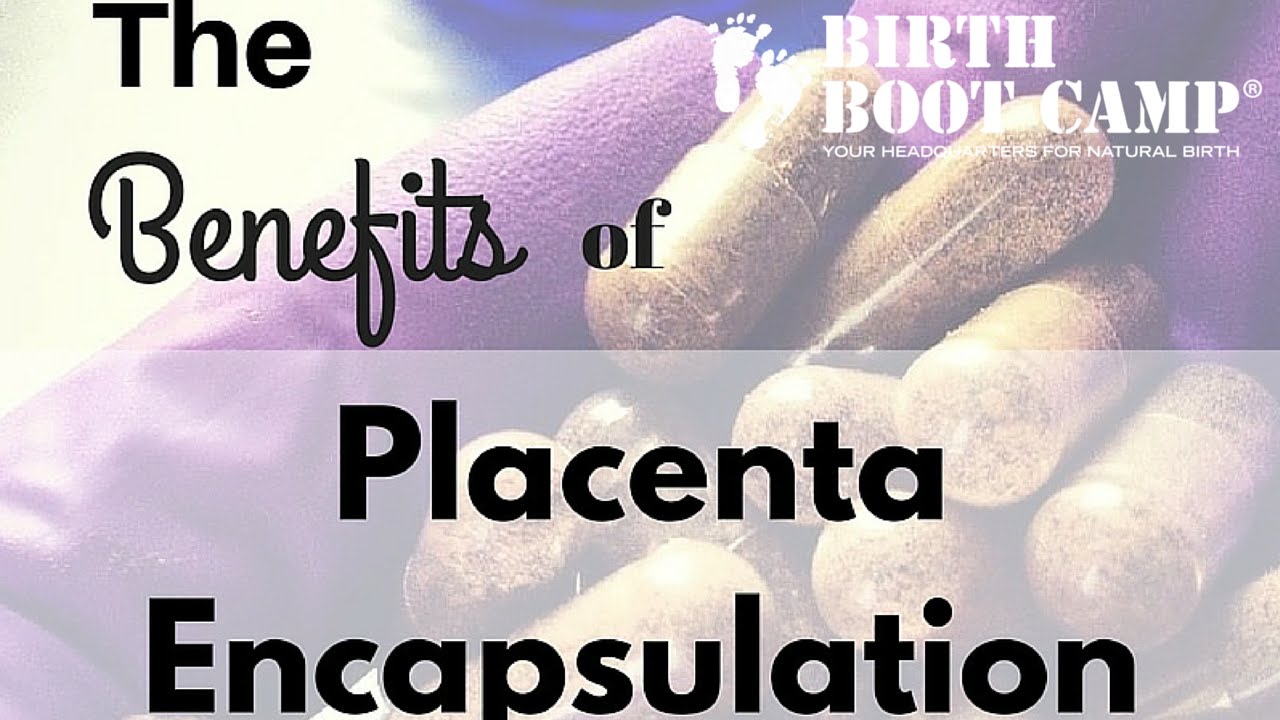Benefits of Placenta Encapsulation
Placenta encapsulation is a practice that has gained popularity among new mothers seeking natural ways to support their postpartum recovery. In this article, we will explore the numerous benefits of placenta encapsulation and how it can positively impact the health and well-being of mothers after childbirth.
Enhanced Postpartum Recovery
One of the key benefits of placenta encapsulation is its potential to enhance postpartum recovery. The placenta contains essential hormones, such as progesterone and estrogen, which play a crucial role in regulating mood, reducing postpartum depression symptoms, and promoting overall emotional well-being. By consuming encapsulated placenta, new mothers can potentially experience a smoother transition into motherhood and a more balanced emotional state.
Increased Energy Levels
After giving birth, many mothers experience fatigue and low energy levels due to the physical and emotional demands of childbirth. Placenta encapsulation is believed to help combat this exhaustion by providing a natural source of iron and essential nutrients. Iron is essential for the production of red blood cells, which carry oxygen throughout the body. By replenishing iron levels, placenta encapsulation may help new mothers regain their energy and combat postpartum fatigue.
Improved Lactation
For mothers who choose to breastfeed, placenta encapsulation may offer benefits in terms of improved lactation. The placenta contains prolactin, a hormone responsible for milk production. By consuming encapsulated placenta, new mothers may experience increased milk supply and improved breastfeeding success. This can be particularly beneficial for mothers who struggle with low milk production or other breastfeeding challenges.
Hormonal Balance
During pregnancy, the body undergoes significant hormonal changes. After childbirth, these hormone levels can fluctuate, leading to mood swings, irritability, and other emotional challenges. Placenta encapsulation is thought to help restore hormonal balance by providing the body with the hormones it needs to regulate mood and emotions. This can contribute to a more stable and positive postpartum experience for new mothers.
Enhanced Nutritional Support
Placenta encapsulation offers new mothers a unique source of essential nutrients and vitamins that can support their overall well-being. The placenta contains vitamins B6 and B12, which are important for energy production and neurological health. Additionally, it is rich in iron, zinc, and vitamin E, which support immune function and aid in tissue repair. By consuming encapsulated placenta, new mothers can provide their bodies with a concentrated dose of these vital nutrients, promoting their recovery and overall health.

Placenta encapsulation has gained recognition for its potential benefits in supporting postpartum recovery and overall well-being. By consuming encapsulated placenta, new mothers may experience enhanced postpartum recovery, increased energy levels, improved lactation, hormonal balance, and enhanced nutritional support. While further research is needed to fully understand the extent of these benefits, many women have reported positive experiences with placenta encapsulation. If you are considering this practice, it is important to consult with a healthcare professional and ensure that proper preparation and handling guidelines are followed.
Frequently Asked Questions about Benefits of Placenta Encapsulation
1. What is placenta encapsulation?
Placenta encapsulation is the process of drying, grinding, and encapsulating the placenta after childbirth for consumption.
2. What are the potential benefits of placenta encapsulation?
The potential benefits of placenta encapsulation include increased energy levels, improved postpartum mood, enhanced milk production, and faster recovery.
3. How does consuming encapsulated placenta help with postpartum mood?
The hormones present in the placenta can help balance postpartum hormones, potentially reducing the risk of postpartum depression and anxiety.
4. Can placenta encapsulation improve milk supply?
Some women believe that consuming the encapsulated placenta can increase their milk supply, although scientific evidence is limited and more research is needed.
5. Is placenta encapsulation safe?
When performed by a trained and experienced professional using proper sanitation practices, placenta encapsulation is generally considered safe.
6. Are there any potential risks associated with placenta encapsulation?
While rare, there have been reports of infections and allergic reactions associated with placenta encapsulation. It’s important to choose a reputable encapsulation specialist.
7. How long does it take to encapsulate the placenta?
The process of encapsulating the placenta usually takes around 24-48 hours, depending on the encapsulation method chosen.
8. Can anyone consume an encapsulated placenta?
It is recommended to consult with a healthcare provider before consuming encapsulated placenta, especially if you have any medical conditions or concerns.
9. How should encapsulated placenta be stored?
Encapsulated placenta should be stored in a cool, dry place, away from direct sunlight, and kept out of reach of children.
10. Can encapsulated placenta be consumed in other forms?
Yes, apart from encapsulation, some individuals choose to consume placenta in other forms like smoothies or tinctures.




